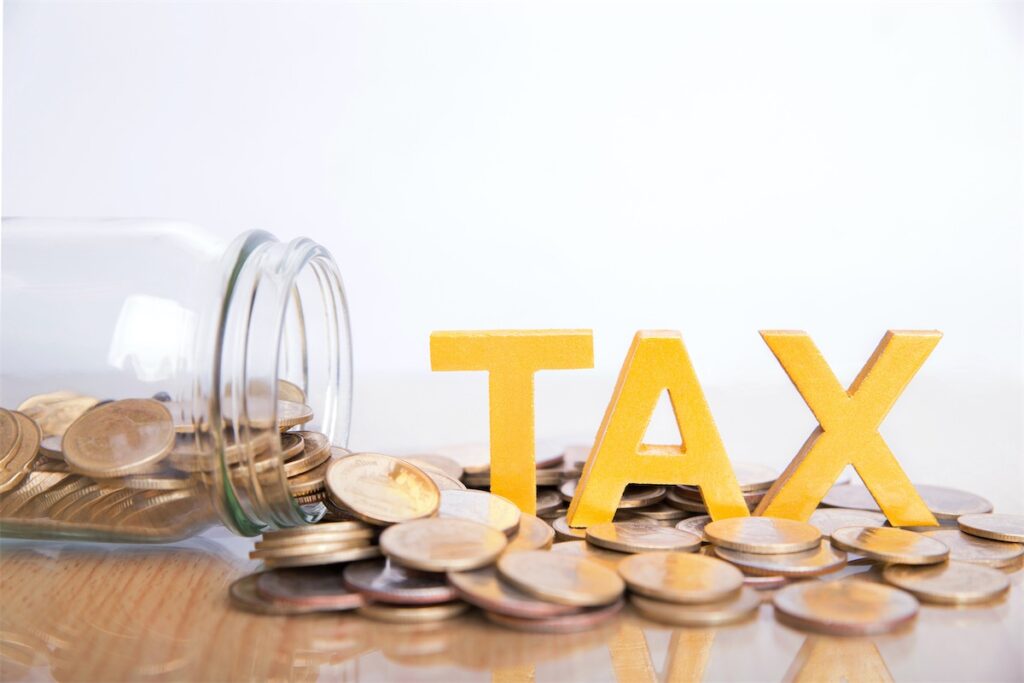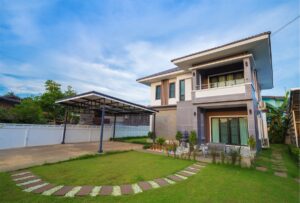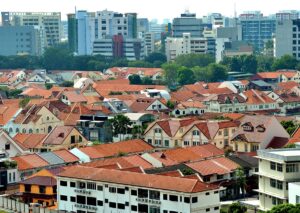Wealth tax in Singapore is a topic of much discussion lately. In November 2021, Workers’ Party MP Jamus Lim proposed the following wealth tax rates in Parliament:
- 0.5% on net wealth above S$10 million
- 1% rise for wealth above S$50 million
- 2% rise for wealth above S$1 billion
In this article, we look at what wealth tax is, how taxing the wealthy can help the economy and how this may affect our property market.
What is Wealth Tax?
To put it simply, wealth tax is a recurring levy you pay on the total sum of your assets.
It is similar to property taxes in that the rich owe tax each year based on their net worth. Their net worth is based on everything they own, also known as their personal assets.
So if you have S$1 million in assets and S$500,000 in debt, your net worth is S$500,000.
What is included in your wealth?
As opposed to the property tax, wealth tax applies to all your assets, including real estate, cash, investments, business ownership, cryptocurrency, cars etc, less any debts.
The tax authority defines what qualifies as wealth. It is, however, administratively challenging to determine as individual assets and liabilities may fluctuate over time and it may be difficult to estimate their fair market value. Furthermore, most assets such as jewellery, antiques, cash are mobile and portable, further complicating the tax base determination process.
Why do we need a wealth tax?
Though taxing the rich may seem unfair, in reality, it provides revenue to finance public expenditures, which in turn benefits society as a whole. Wealth tax is a direct tax aimed at reducing wealth inequality.
In the last two years, Singapore has not only spent unprecedented amounts fighting Covid-19, but we had also tapped into our national reserves to keep us afloat.
To budget for future costs such as healthcare for ageing populations, sustainability projects etc, we need money – and the money to fund these comes from taxes.
As an alternative to increased income tax, higher rates for property stamp duty, COE and GST hike, a wealth tax would be the next best option to increase Singapore’s tax revenue.
Find out more about the updated TDSR in this guide
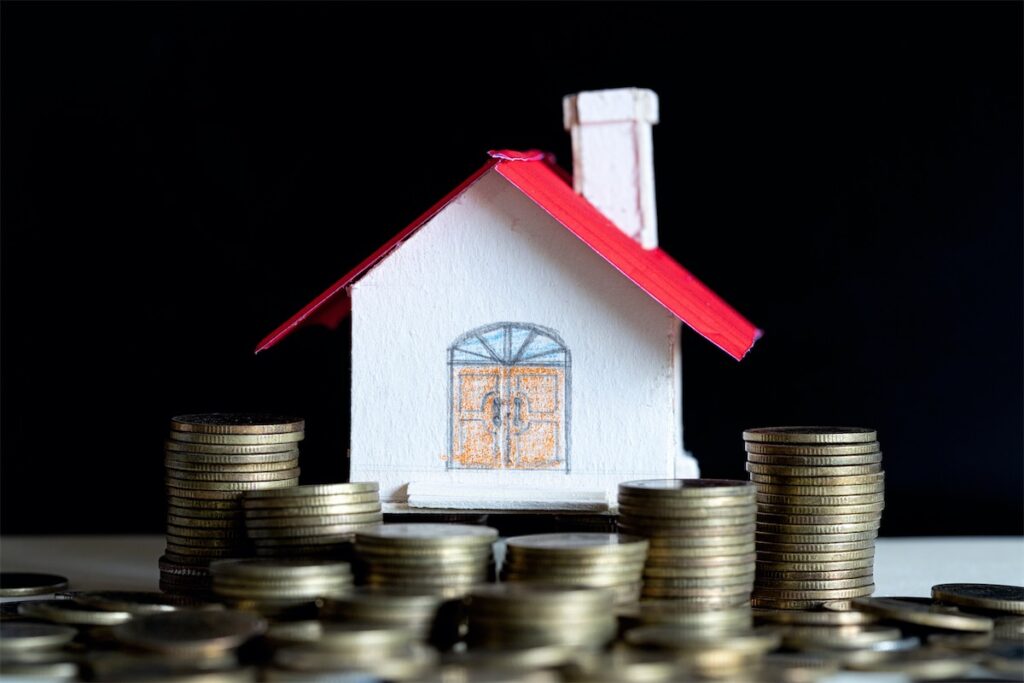
Ways wealth tax can take place in Singapore and its effect on Singapore’s property market
Singapore has traditionally relied on taxing wealth through property-related taxes, like property taxes and stamp duties, that generate a substantial portion of its government revenue.
With the direct wealth tax system largely failing in most European countries, Singapore’s strategy for wealth tax could likely take place in the following forms:
- Adding a surcharge tax on luxury property
Luxury property tax would be a clever addition to our existing property tax system.
As property transactions already require legal paperwork and have a solid framework, a surcharge tax to the luxury property will be easier to implement as compared to other assets like cryptocurrencies.
- Implementing a tax on inherited assets
Following the footsteps of many OECD (Organisation for Economic Co-operation and Development) countries, another form of wealth tax could be to implement one-off taxes on assets, including property, inherited from a deceased person.
OECD countries such as Japan, South Korea, the US, UK and France currently levy inheritance or estate taxes.
Inheritance and estate taxation could play a strong role in raising revenues and addressing inequalities.
- Taxing on capital gains from selling property
Tax on profits made from the sale of property, in addition to Seller’s Stamp Duty. We could follow US Fed’s tax policy and introduce a tax on capital gains.
Under current US Fed tax policy, the capital gains tax rate applies only to profits from the sale of assets held for more than a year – with rates ranging from 0%, 15%, or 20%, depending on the taxpayer’s tax bracket for that year.
Read more about property stamp duty here
Though we’ve listed the possible forms of wealth tax that could be implemented to increase Singapore’s tax revenue, taxing capital gains and introducing inheritance tax may dampen the demand for private properties like condominiums.
Likewise, they can cause a dip in foreign-buying activity – the exact opposite of what Singapore wants, which is to encourage investment in the country.
Luxury property taxes would have an adverse effect on the market for penthouses and landed homes, and there is a possibility this will extend to other private property segments.
On the other hand, wealth taxes may make property an even more attractive asset for Singaporeans in the long run.
Learn about property investment here
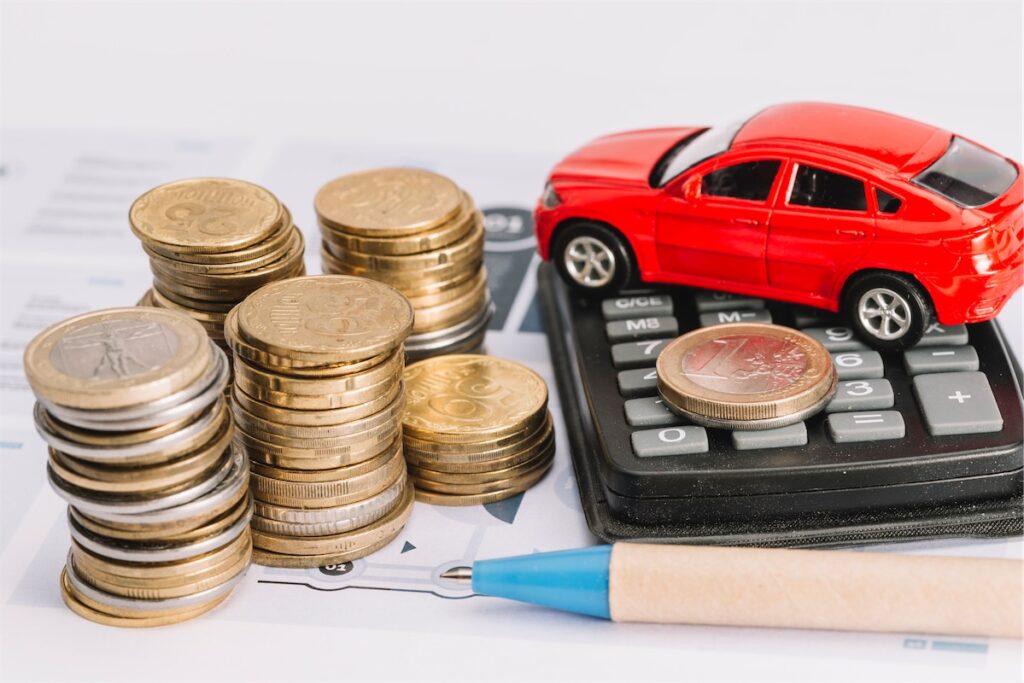
Get expert advice for your home financing plans
We offer free and honest advice on home financing strategies from our home loan advisors. We help consumers achieve their financial dreams by helping them make smart financial decisions.

Get free consultation and home loan financing advice from advisors here.

